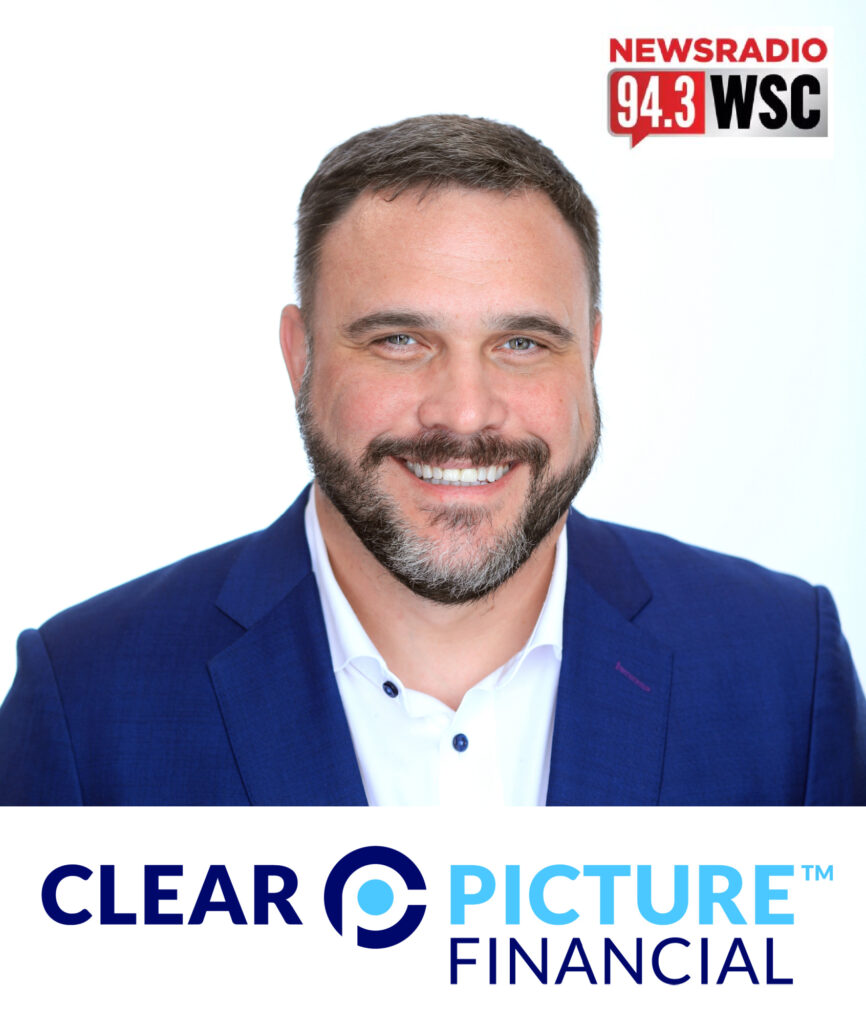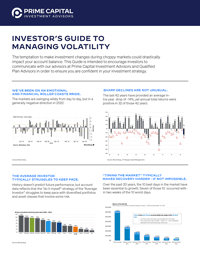There are millions of searches online associated with financial planning and saving for retirement–in fact, many of these questions are encountered by financial advisors on a daily basis.
We decided to take matters into our own hands and create a list of the top questions being searched online regarding financial advisors on Google and DuckDuckGo. Here are some of the most searched financial planning questions, along with some answers by Jason Noble, CFP®, RICP®.
What is a financial advisor? What can a financial advisor do for me?
A financial advisor can help you create and grow your wealth to achieve financial independence. Financial advisors help you build a plan for your financial future by utilizing a variety of financial tools to help you reach your desired outcome throughout your career and your retirement.
What type of financial advisor should I use?
A fiduciary is a person or business with a legal obligation to behave in the best interests of clients. Essentially, fiduciary financial advisors are required to only recommend investments and other financial planning options that best fit the client and their financial well-being. Fiduciary advisors are held to a “best interest” standard rather than just a “suitability” standard when it comes to their recommendations for you.
What do I need to bring with me when meeting with a financial advisor?
If you have a partner, be sure to invite them to come along. You both need to be involved to get a clear and comprehensive financial plan. Bring a pen and paper as well since you may want to jot down questions or take a few notes. You may also want to bring your investment and bank statements to give the advisor a clearer picture of where you currently stand with your finances.
How much should I pay to meet with a financial advisor?
In the initial search process, you shouldn’t be paying to sit down and ask what an advisor can do for you. You are, in essence, interviewing these advisors and they should be willing to meet with you to discuss their qualifications, answer your initial questions and explain how they are compensated.
Beyond that first meeting, how are advisors paid?
There are essentially three different compensation models for financial advisors:
- Fee-Only
- Fee-Based, which is Fee & Commission
- Commission Only
Each compensation model has its pros and cons, and it really depends on what type of relationship you want with your advisor. In all situations, the financial advisor should outline exactly what fees you will pay, how they are compensated, and if there are any additional fees or costs associated with their recommendations. If they are to get any commission from their recommendation, did they show you their commission schedule? If not, this is a concern. At the end of the day, how an advisor is paid will determine their actions. So, this is important information to know before working with any advisor!
Do financial advisors manage all of your finances for you?
A financial advisor’s duties can extend beyond simply placing trades for their clients in the market. Financial advisors typically assist in creating an individualized financial plan designed to help their clients reach financial objectives using their knowledge and experience. These plans typically cover retirement planning, investments, budgeting, tax planning, insurance, Social Security planning, savings, legacy and can vary depending on your goals and objectives.
Why is a financial advisor better than a robo-advisor?
A financial advisor can help you think through the options and offer suggestions for how to best put your money to work to help you reach your personal and financial goals. A robo-advisor is often free or very inexpensive; however, you get what you pay for. Robo-advisors provide convenient and cheap hands-off investment management.
Remember, however, that when it comes to your retirement, you don’t get a do-over, so before you blindly trust a robo-advisor, you should consider the tax implications, market conditions, your comfort with risk, the economic climate, and time between you and your anticipated FRA (full retirement age). Robo-advisors may not catch all these.
How important is it to have a financial advisor?
Of course, we believe having a financial advisor is the best option if you are looking for personalized advice and if you want a more detailed understanding of options and how they may apply to your personal finances. Additionally, a financial advisor can assist you in understanding how best to use your money to advance both your personal and financial objectives.
How often should I meet with my advisor?
Advisors regularly check in with their clients to reassess their present circumstances and future objectives and make the necessary changes to financial plans to fit any updated circumstances–for example, if you have a child, get married, get divorced, lose a spouse, start a new job, leave a job, or are about to make a big purchase. Otherwise, how often you meet will vary depending on the methods and style of the advisor you’re working with. Typically, an annual review is held to reassess your risk tolerance, rebalance your asset allocation, and perform a yearly check-up on your portfolio.
If you have any questions about financial advisors and financial advice, please reach out to our office at 843.743.2926 and schedule a conversation.
Don’t miss Clear Picture Financial, Jason Noble’s radio show and podcast each Sunday, where you will learn how you can protect your portfolio and stay on course with your long-term financial and retirement plans. Jason and his team help retirees, those who want to retire early, and business owners who are looking for a work-optional lifestyle.

#041823001 MKS
Advisory products and services offered by Investment Adviser Representatives through Prime Capital Investment Advisors, LLC (“PCIA”), a federally registered investment adviser. PCIA: 6201 College Blvd. Suite #150, Overland Park, KS 66211. PCIA doing business as Prime Capital Wealth Management (“PCWM”) and Qualified Plan Advisors (“QPA”).





